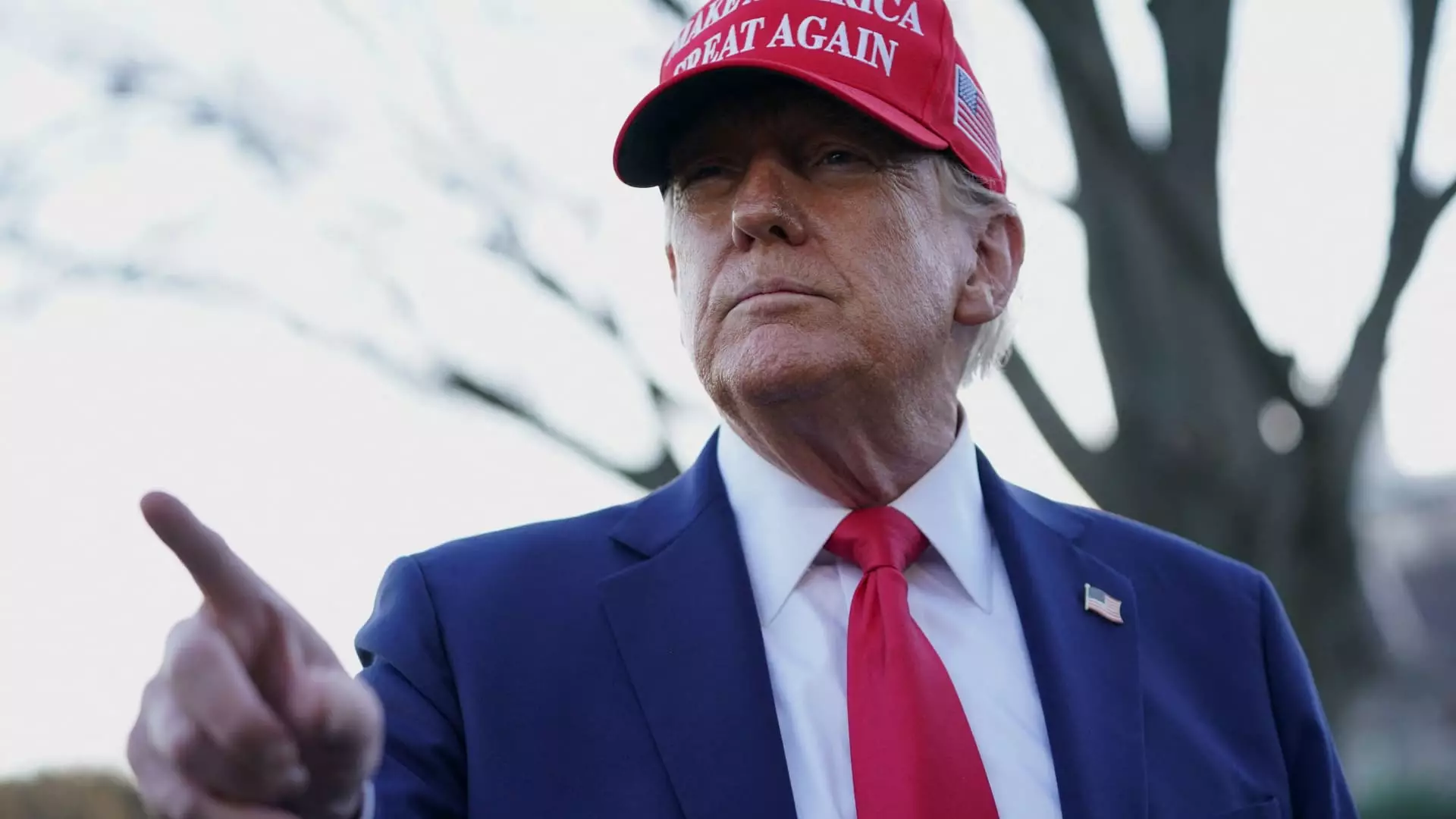In a startling exhibit of the ongoing battle between financial institutions and prominent political figures, the Trump Organization has filed a lawsuit against Capital One, claiming that the bank unjustly closed over 300 accounts in the aftermath of the January 6 riots at the Capitol. This incident raises critical questions about the role that banks play in policing political affiliations and whether they should be allowed to wield the power of financial exclusion based on perceived ideological stances. The lawsuit suggests that Capital One’s actions were motivated by a desire to disassociate from President Trump amid a heated political climate. This scenario, however, complicates the apparent objective of banks and their responsibilities toward all customers, not merely those who align with one political view.
Political Motivations or Standard Procedures?
The pushback from the Trump Organization highlights a growing unease regarding alleged “woke” corporate policies influencing financial decisions. With Trump claiming that Capital One’s closures were an arbitrary response to the political climate, the implications stretch beyond just one organization. If banks can shut down accounts simply because they disagree with a client’s politics, the potential for discrimination expands dramatically. It raises the question: should financial institutions remain neutral platforms for transactions, or can they vet customers based on their political beliefs? Capital One’s reassurance that it does not close accounts for political reasons feels insufficient in light of the Trump Organization’s allegations. It is apparent that any institution that intermingles ideology with business could face widespread criticism and legal challenges.
Economic Consequences of Financial Exclusion
The consequences of Capital One’s alleged actions extend far beyond mere inconvenience for the affected Trump-affiliated entities. Eric Trump cited the devastating financial impact the closures have had, claiming millions in damages due to limited access to funds and transactional capabilities. When a major business entity finds itself ostracized from traditional banking services, it inevitably hampers its operations and threatens livelihood for many employees and associated businesses. The ramifications of financial exclusions can ripple across entire sectors, creating economic instability for those who might depend on such firms for employment and services.
Free Speech or Business Necessity?
Eric Trump has characterized the account closures as an assault on free speech and enterprise, indicating a broader ideological war where financial institutions are distancing themselves from conservatism. While the notion of corporate responsibility to align with public sentiment is significant, it is essential that we do not confuse business practices with the suppression of political expression. The question arises: can we afford to allow our economic systems to fragment on ideological lines? The resolution of this lawsuit may set precedents that govern how financial institutions interact with politically charged entities in the future, potentially redefining economic justice in America.
The dialogue ignited by this lawsuit exemplifies the precarious balance between corporate governance, political representation, and individual rights, raising alarms over what financial exclusion may come to mean in a divided country.


Leave a Reply